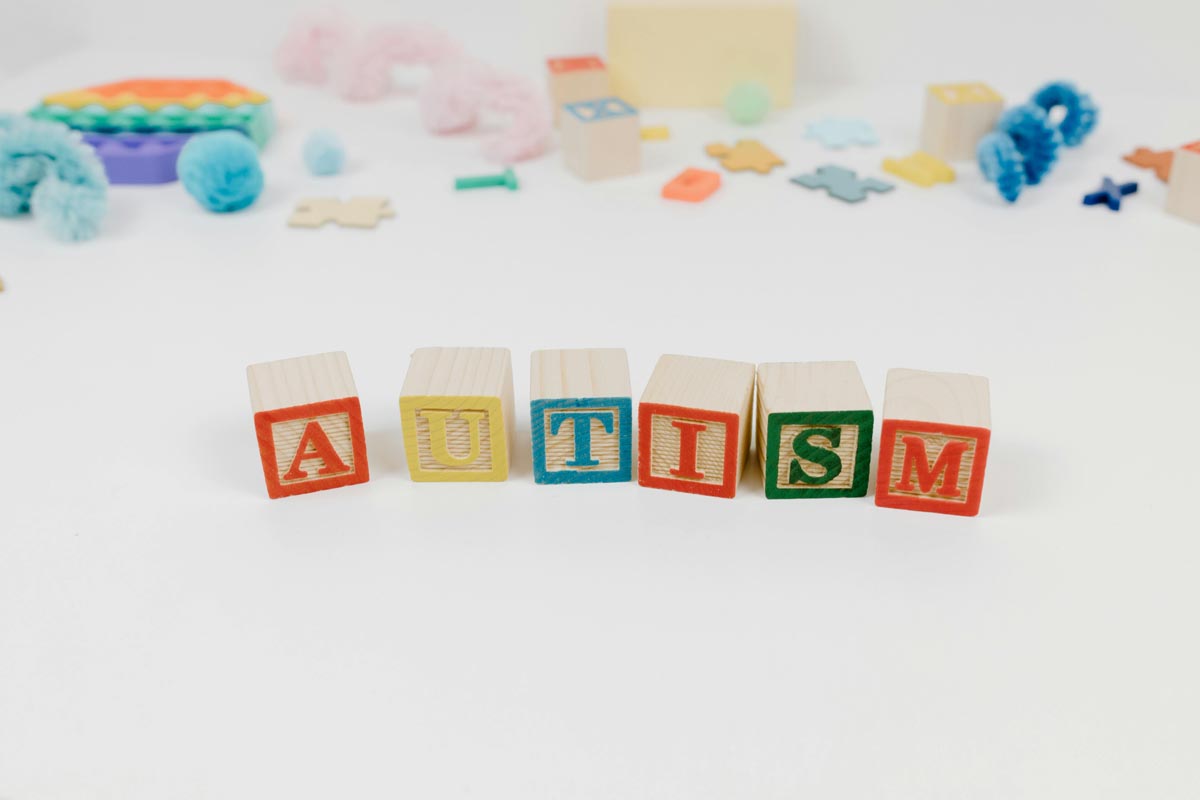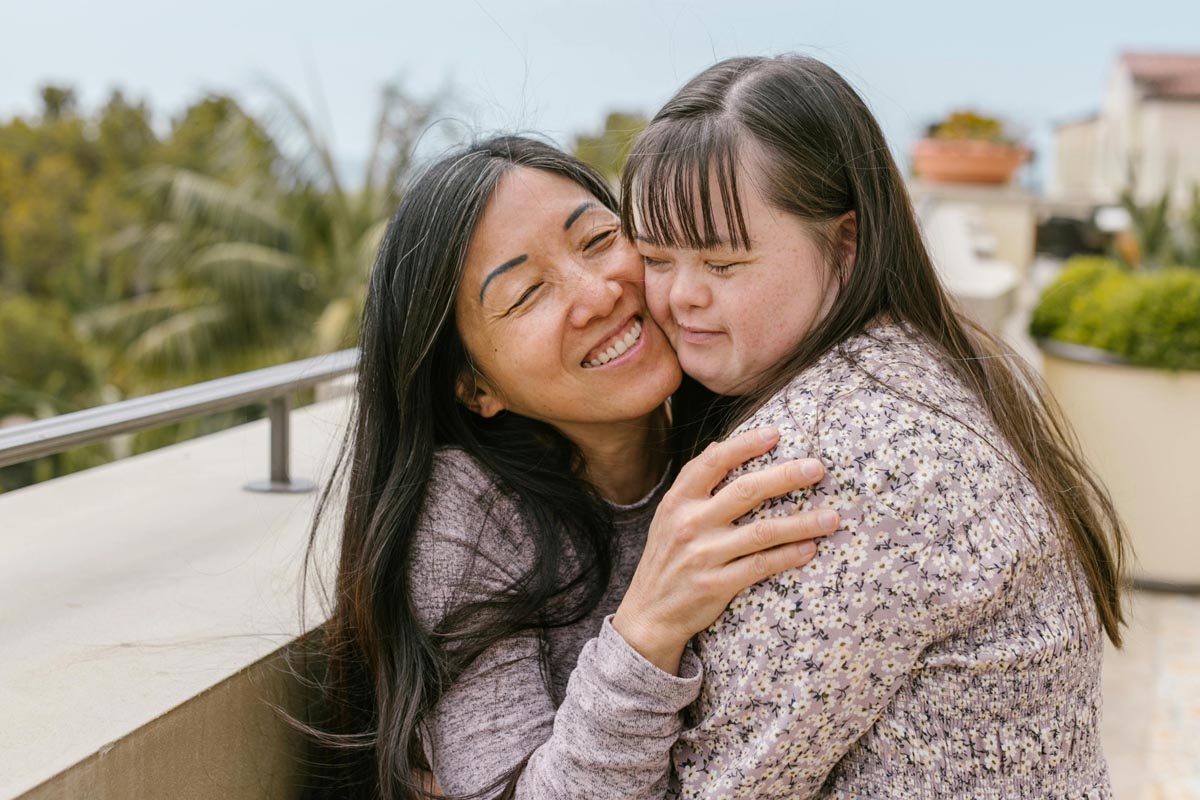Do you feel you’ve been hearing more about ADHD and autism lately? That's because awareness is growing, and more people are being recognized as neurodivergent. Diagnoses for both have been rising steadily over the years, shining a light on what it truly means to live with these conditions. Thanks to social media and the courage of individuals sharing their stories, we now have a clearer, more personal view of what life is really like for people with ADHD and autism.
ADHD and autism are two of the most common neurodivergent conditions, affecting millions worldwide. ADHD impacts attention and impulsivity, while autism affects social communication and behavior, yet many experience both, or are misunderstood altogether. Research published in Frontiers in Psychiatry shows that early, accurate diagnosis and tailored support lead to better mental health and quality of life.
Neurodivergence 101: What ADHD and Autism Really Mean
Neurodivergence encompasses natural variations in how individuals think, learn, and interact with the world. Among the most recognized forms are Attention-Deficit/Hyperactivity Disorder (ADHD) and Autism Spectrum Disorder (ASD). Recent studies published in Pubmed indicate that ADHD affects approximately 8.0% of children and adolescents globally, with a higher prevalence in boys compared to girls. Autism, on the other hand, is estimated to impact about 1 in 100 children worldwide.
While ADHD is characterized by challenges in attention, impulsivity, and hyperactivity, autism involves differences in social communication and behavior. Understanding these conditions is crucial, as early and accurate diagnosis leads to better support and outcomes. Misdiagnosis or lack of recognition can result in unmet needs and challenges in accessing appropriate care.

Breaking Down ADHD and Autism: What Sets Them Apart?
Shared Traits and Overlaps
Both ADHD and ASD can manifest as challenges in attention, impulsivity, and social interactions. Interestingly, there's a significant overlap between the two; studies published in Frontiers in Psychiatry suggest that 50% to 70% of individuals with autism also exhibit symptoms of ADHD, a combination often referred to as "AuDHD". This overlap can complicate diagnoses, as the presence of one condition may mask or mimic the other.
Genetic studies available on PubMed have revealed that both disorders share a similar burden of rare protein-truncating variants, suggesting overlapping genetic underpinnings. Additionally, both conditions have been linked to environmental factors affecting fetal development, such as preterm birth and exposure to certain toxins.
Distinct Differences
Despite these overlaps, ADHD and ASD have distinct core features. ADHD is primarily characterized by persistent patterns of inattention and/or hyperactivity-impulsivity, according to a recent study available on PubMed. In contrast, ASD is defined by deficits in social communication and interaction, along with restricted and repetitive patterns of behavior .
Neuropsychological assessments available on PubMed have shown that individuals with ADHD often struggle with response inhibition and sustained attention, whereas those with ASD may have more pronounced difficulties with cognitive flexibility and planning. These distinctions are crucial for clinicians to consider during diagnosis and treatment planning.
While ADHD and autism are both neurodevelopmental disorders, they have distinct characteristics:
ADHD:
- Difficulty sustaining attention
- Impulsivity and hyperactivity
- Disorganization and forgetfulness
- Restlessness and difficulty waiting
Autism:
- Challenges in social communication
- Restricted interests and repetitive behaviors
- Sensitivity to sensory input
- Preference for routines and predictability
For example, an individual with ADHD might interrupt conversations due to impulsivity, while an autistic person might avoid eye contact or struggle with understanding sarcasm. These differences highlight the unique ways each condition manifests, necessitating tailored approaches to support and intervention.
Diagnostic challenges
Historically, diagnostic criteria did not allow for a dual diagnosis of ADHD and ASD. However, the DSM-5, released in 2013, acknowledged that these conditions can co-occur, leading to more comprehensive assessments and interventions.
A study published in Frontiers in Psychiatry discusses how social withdrawal in children with ADHD might be overlooked as a symptom of ASD, delaying appropriate support. The research highlights that clinicians may misinterpret core symptoms of one disorder as manifestations of another, especially when symptoms overlap, leading to diagnostic overshadowing.
Furthermore, a review article in Frontiers in Psychiatry emphasizes that the overlap of symptoms between ADHD and other neurodevelopmental and mental health problems can lead to diagnostic overshadowing, resulting in a failure to appropriately diagnose and treat ADHD.

Busting Myths: What People Get Wrong About ADHD and Autism
Misconceptions about ADHD and autism can lead to stigma and hinder proper support:
- Myth: ADHD is just a lack of discipline.
Reality: ADHD is a neurological condition affecting executive functions, not a result of poor parenting or laziness.
ADHD is a complex neurodevelopmental disorder rooted in brain differences, particularly affecting executive functions such as attention regulation, impulse control, and working memory. It is not caused by poor parenting, laziness, or lack of willpower. Research using brain imaging shows that individuals with ADHD often have structural and functional differences in areas like the prefrontal cortex, which governs self-control and focus. Understanding this helps shift the conversation from blame to support.
- Myth: Autistic individuals lack empathy.
Reality: Many autistic people experience deep empathy but may express it differently.
This common myth is misleading. Studies published in Frontiers in Psychiatry reveal that many autistic people experience empathy deeply but may express or process emotions differently from neurotypical individuals. Research distinguishes between cognitive empathy (understanding others' perspectives) and affective empathy (feeling others' emotions). While some autistic individuals may struggle with cognitive empathy, affective empathy is often intact or heightened. Appreciating these nuances promotes respect and connection.
- Myth: You can't have both ADHD and autism.
Reality: It's common for individuals to be diagnosed with both conditions, a co-occurrence sometimes referred to as "AuDHD".
Challenges, Strengths, and Stories
For individuals with ADHD, autism, or both, daily life can present unique challenges and equally powerful strengths.
Challenges
Social Interactions: Individuals with ADHD and autism often face difficulties in social settings. Research available on PubMed indicates that children with ADHD exhibit higher challenges in social performance, while autistic children encounter more difficulties in social perception and certain aspects of social knowledge.
Sensory Sensitivities: Sensory processing differences are common. Studies available on PubMed have found that children with both ASD and ADHD exhibit more severe sensory avoidance compared to those with ASD alone, affecting emotional regulation and daily functioning.
Executive Function Difficulties: Both conditions are associated with executive function deficits, impacting attention, flexibility, working memory, and response inhibition. Individuals with co-occurring ADHD and autism often experience more pronounced challenges in these areas, according to the research available on PubMed.
Strengths
Enhanced Creativity and Problem-Solving: People with ADHD often display heightened creativity and adaptability. Research available on PubMed suggests that goal-directed motivation may drive enhanced real-world creative achievements in individuals with ADHD.
Deep Focus and Pattern Recognition: Autistic individuals frequently excel in tasks requiring attention to detail and pattern recognition. This ability can be advantageous in fields like mathematics, data analysis, and design.
Unique Perspectives: The neurodivergent brain often processes information differently, leading to innovative thinking and unique problem-solving approaches.
Personal stories
Personal narratives shed light on the lived experiences of neurodivergent individuals. For instance, British author Matt Cain shared his journey for The Guardian of being diagnosed with both autism and ADHD at the age of 50. This revelation provided clarity on lifelong challenges and underscored the importance of understanding and embracing challenges.
Embracing Neurodivergence with Understanding
Whether someone is navigating the world with ADHD, autism, or both, their brain is simply wired differently, not incorrectly. What’s often challenging isn’t the neurodivergence itself, but the systems that fail to accommodate it.
Research available on PubMed continues to show that when neurodivergent individuals receive early, accurate diagnoses and access to tailored supports, they experience significantly better outcomes in mental health, educational attainment, and quality of life. These supports include inclusive learning environments, sensory-friendly workplaces, therapy tailored to neurotype, and communities that celebrate rather than pathologize difference.
What Can We All Do?
- Listen up. Autistic and ADHD voices offer insight no textbook can. They remind us that behind every diagnosis is a human being with hopes, struggles, and strengths.
- Speak out for change. Whether in schools, workplaces, or healthcare settings, push for environments that honor diverse ways of thinking and processing.
- Break the stereotypes. Neurodivergent people are not broken. Many face systemic barriers, not personal deficits.
- Support meaningful accommodations. That might mean flexible schedules, sensory-friendly spaces, clear communication, or simply giving people room to thrive in their own way.
At its core, embracing neurodivergence means seeing every person fully, valuing not just how they fit in, but how they change the world for the better.
We all win when more minds are understood, supported, and celebrated. Neurodivergent people don’t need to be “fixed”, they need space to shine and communities that truly get them.

At Community Minds, we believe understanding and supporting individuals is essential to equitable mental healthcare. That’s why we offer same-day appointments, flexible scheduling, including evenings and weekends, and accept a wide range of insurance plans. Our diverse team of providers is dedicated to delivering personalized, compassionate care that respects each person’s unique neurodivergent experience. No assumptions. Just care that sees you, hears you, and helps you move forward.

Take the First Step Today
Find out which plans are covered. Unsure? Give us a call.
Free resources, created just for you!
Access articles, blogs, meditations and more. Have suggestions for free resources? Contact us.









